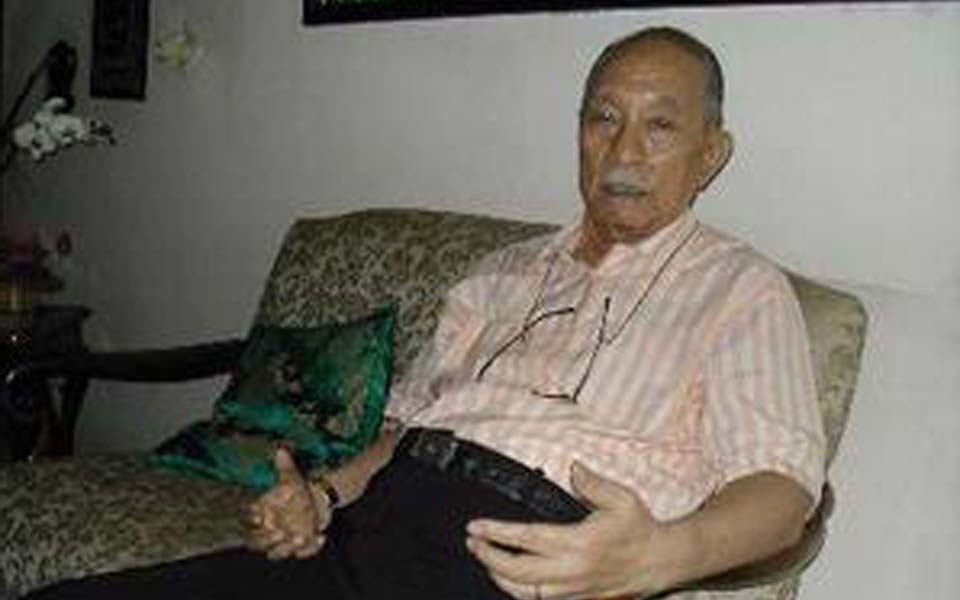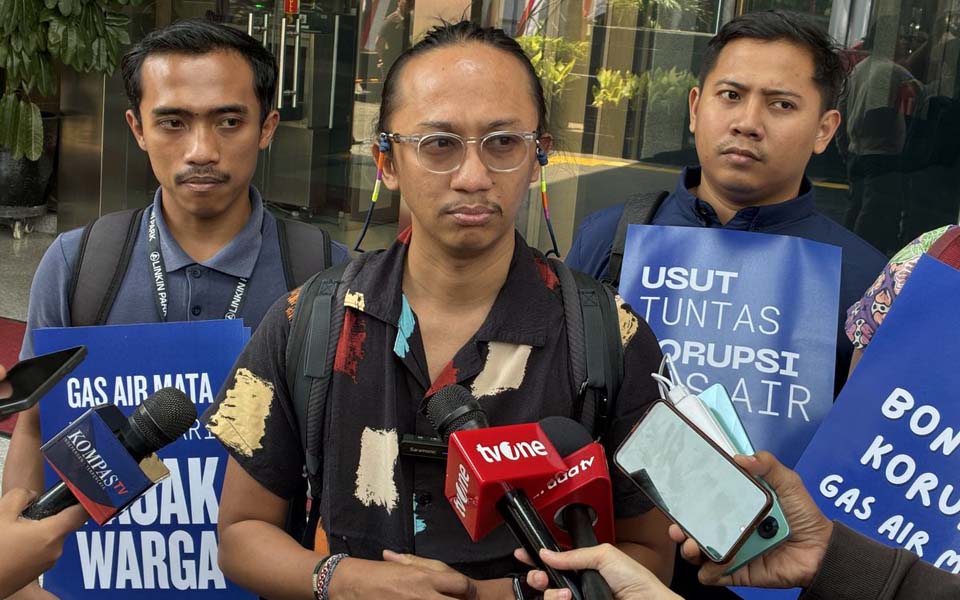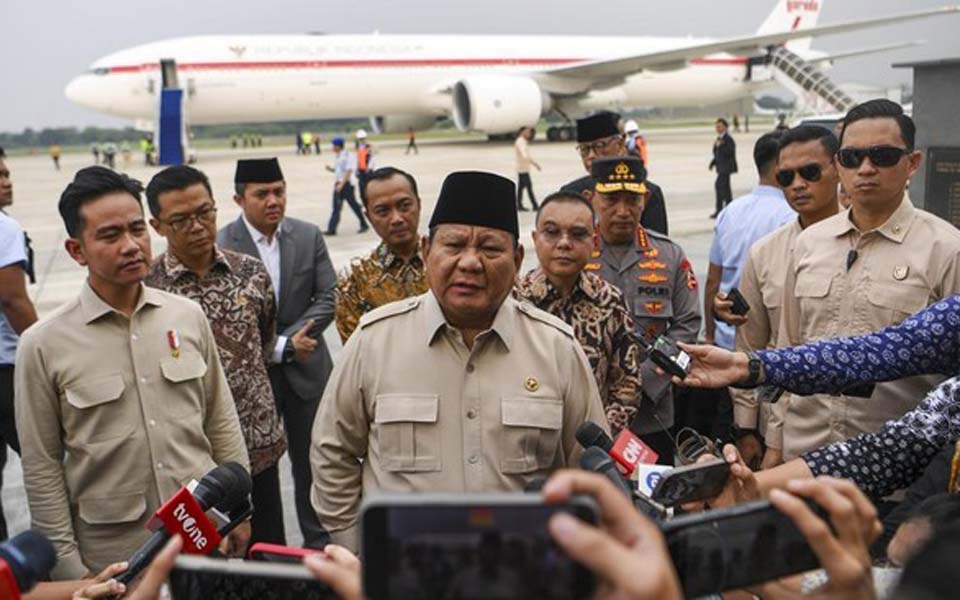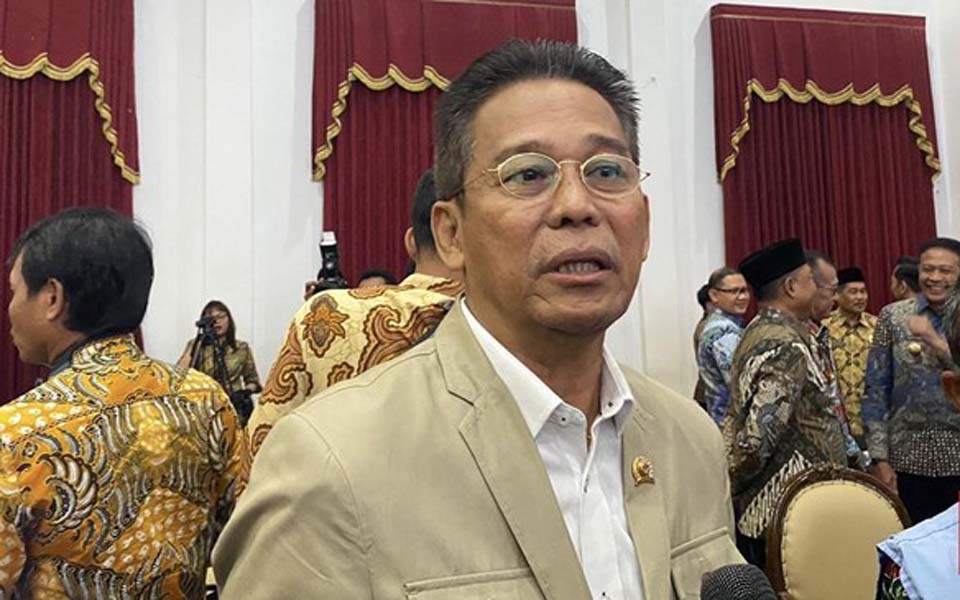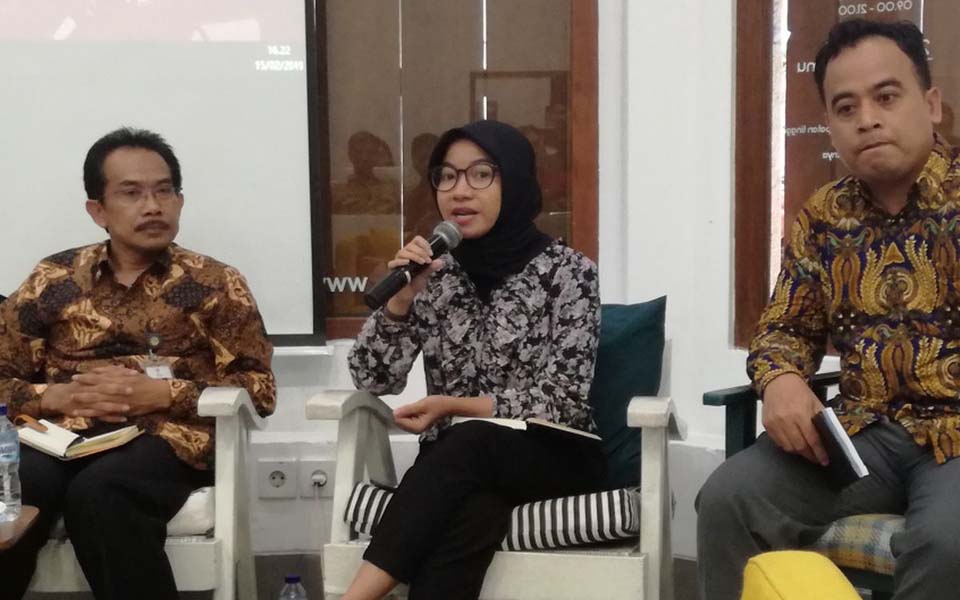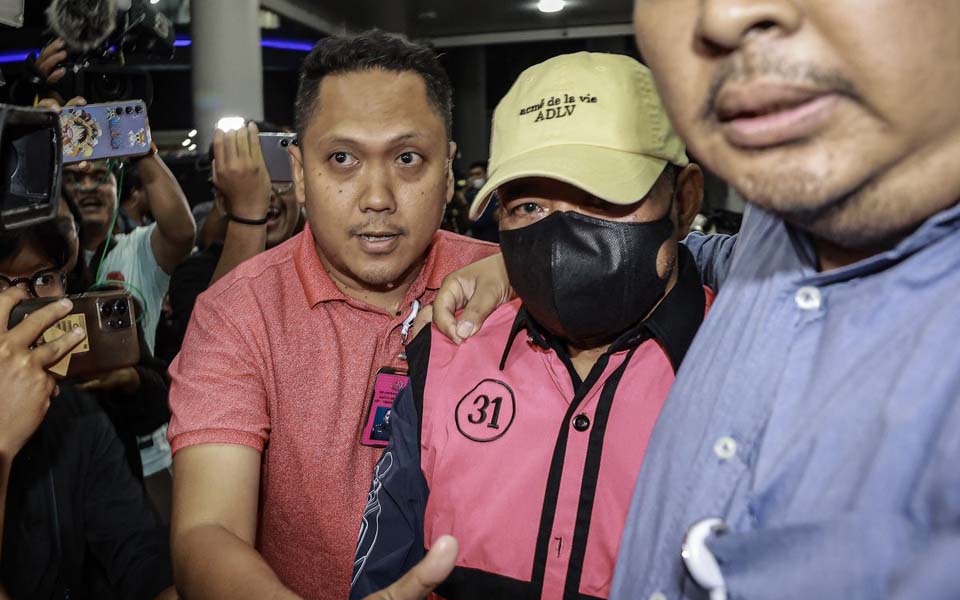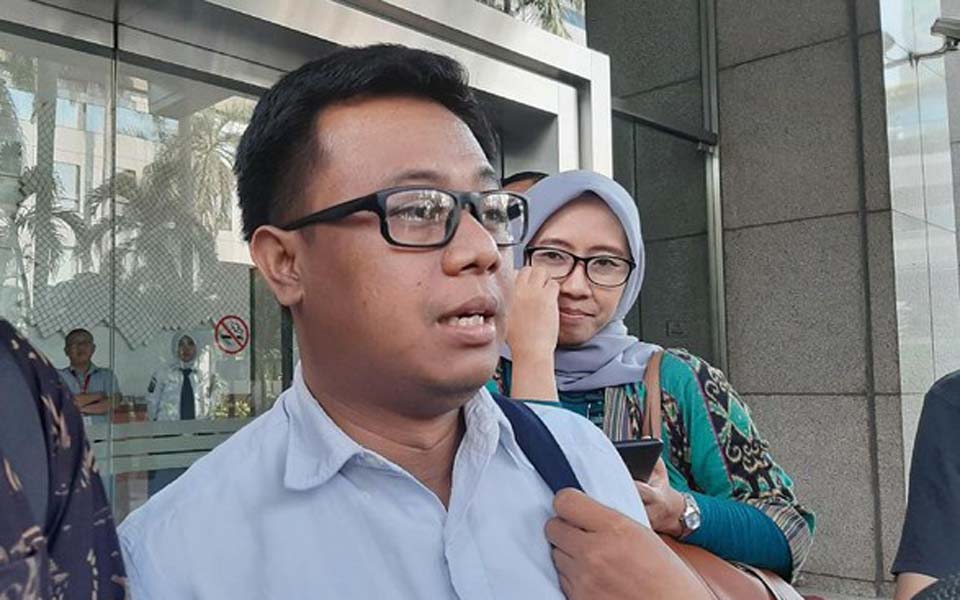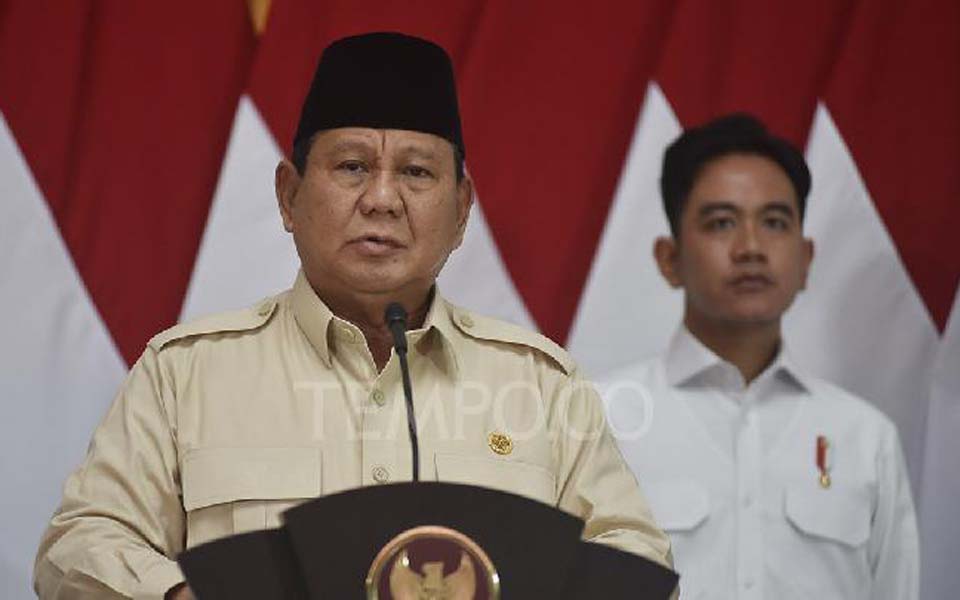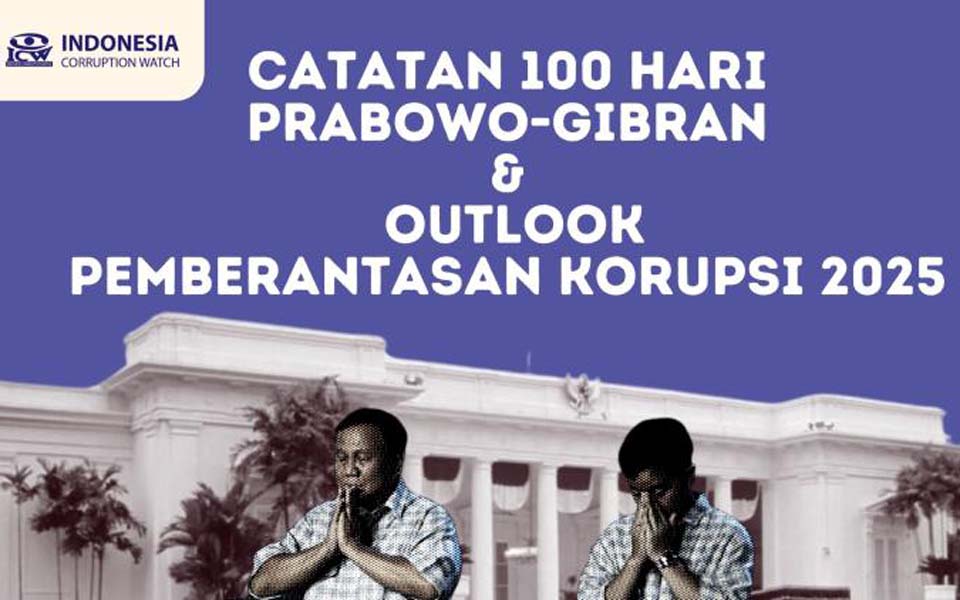Semarang – The campaign against rotten politicians which is being promoted by a number of non-government organisation (NGO) activists should be supported. However just campaigning against rotten politicians is not enough to bring about improvements. There also needs to be a movement to put intelligent people into these posts.
“Clean but stupid and not understanding their duties and obligations, it’s the same thing, it will not bring about any improvement”, said Satjipto Rahardjo, an expert in sociological law form the Diponegoro University in Semarang (Central Java), to journalists on Monday March 1.
The rotten politician campaign which is frequently being promoted by students and NGOs and continues to spread to other parts of the country is asking voters to vote for politicians who are clean and trustworthy.
They must fulfill a number of criteria, including not being a corrupter or a person who has acted to enrich themselves, not having violated basic human rights, politicians who have harmed the environment or who have taken away or abrogated environmental rights or the people’s source of livelihood, politicians who are perpetrators of violence against women or have committed acts of sexual and economic violence, or are involved the trade of women and children. Clean politicians are those who have not committed crimes related to drugs, whether they are drug users or dealers, either having protected such practice or invested in the drug business.
Empathetic politicians
According to Rahardjo however, in the future Indonesia doesn’t just need to have trustworthy politicians. In the future Indonesia also needs politicians who have an empathy with the people, who are concerned and prepared to assist in the difficulties which are being faced by their people. Therefore the public needs to be able to be shrewd in voting for legislative candidates who will later represent them in the national and regional parliaments.
Legislative members who are trustworthy and have empathy can be expected to be able to struggle for the welfare of the those who voted for them. “Don’t let things continue they have up until now, during the elections the people’s [aspirations] are embraced, but afterwards they are simply abandoned. Not just by the legislators, but also by the rest of the political elite, including the bureaucrats. Because of this, it is important to put people into office, the bureaucrats who have control of matters [of importance], who have an empathy with the people”, explained Rahardjo.
Reform of the bureaucracy
According to Rahardjo, the 2004 general elections represent the right time to produce legislative members and bureaucrats, or members of the executive, who have an empathy with the people. Under the current Indonesian political system, the leaders of the political parties will become local and national leaders, thus the elections are strategic in forming a better administration.
“If necessary, we will reform the bureaucracy, not just legal reform, because modern law rests strongly on the bureaucracy. Furthermore, by putting people in into office who are intelligent, reform can become more effective. Like in America were there was reform of the police, the higher the level of education of police [officers] the lower the [levels of police] violence and the greater their efforts to protect the people”, explained Rahardjo.
According to Rahardjo, the people’s welfare is greatly dependent on the character or structure of the state, whether it be authoritarian or democratic. And this is absolutely dependent on the elite bureaucrats or the political elite. If the elite tends to represent its own interests rather than to think about the welfare of the people, then the government will become authoritarian. The converse is also the case.
“It is not be people who must think about the political elite, but they who must think about the people. The political elite’s moral [character] must be to think about the welfare of the people”, asserted Rahardjo. (IKA)
[Translated by James Balowski.]





